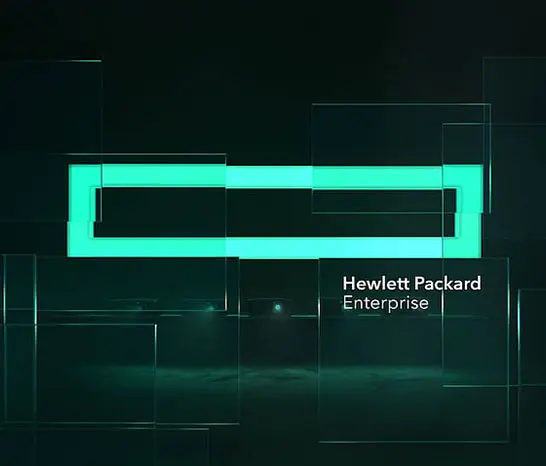
During its recent Q4 earnings call, Hewlett Packard Enterprise (HPE) revealed a significant decision to “de-book” a $700 million AI equipment order due to concerns about a specific customer. CEO Antonio Neri explained that the move stemmed from doubts over the client’s ability to honor contractual obligations. This step underscored the company’s focus on maintaining financial prudence and risk management.
Marie Myers, HPE’s Chief Financial Officer, noted during the call that while AI system revenue aligned with projections of approximately $1.2 billion, the de-booking led to net orders of $500 million for the quarter. However, subsequent orders boosted HPE’s current backlog to over $3.5 billion. Myers highlighted the unpredictable nature of AI system orders, describing them as “lumpy,” reflecting sporadic revenue inflows typical of the sector.
In a response to Network World, HPE emphasized its robust controls and commitment to working with sound customers, ensuring a diversified and reliable order book. This decision, analysts suggest, reflects broader trends in the tech industry, where financial diligence is gaining prominence.
John Annand from Info-Tech Research Group characterized the move as rare and illustrative of HPE’s strategic shift toward mitigating risks. According to Annand, the decision signifies a changing landscape in which suppliers hold significant leverage. He pointed to the shaky return on investment (ROI) for generative AI technologies, noting that while the industry spent $50 billion on Nvidia chips last year, it realized only $3 billion in revenue. This mismatch is prompting suppliers to prioritize financial security over speculative customer deals.
Annand also discussed how market dynamics favor suppliers when demand outpaces supply. In such scenarios, suppliers can prioritize high-margin, strategic deals, such as those involving HPE’s GreenLake solutions, over commodity sales like ProLiant Servers with Nvidia GPUs. The constrained supply of AI infrastructure, reminiscent of supply chain challenges during the COVID-19 pandemic, may lead to similar behaviors from both vendors and customers.
Looking ahead, Annand suggested that timing will play a critical role in shaping the vendor-customer dynamic. As supply gradually catches up with demand, the advantage may shift. He noted that companies adopting a cautious approach—avoiding the “bleeding edge” of technology—might ultimately achieve better ROI and lower total cost of ownership (TCO).
For CIOs navigating these challenges, understanding the evolving performance of refined AI models and managing adoption strategies effectively will be key to success. With transistor miniaturization reaching physical limits, the focus may shift toward optimizing niche AI models to strike the right balance between cost and performance.
HPE’s decisive action reflects a broader market recalibration, emphasizing risk management and strategic prioritization as technology suppliers navigate fluctuating demand and uncertain returns in the AI sector.





